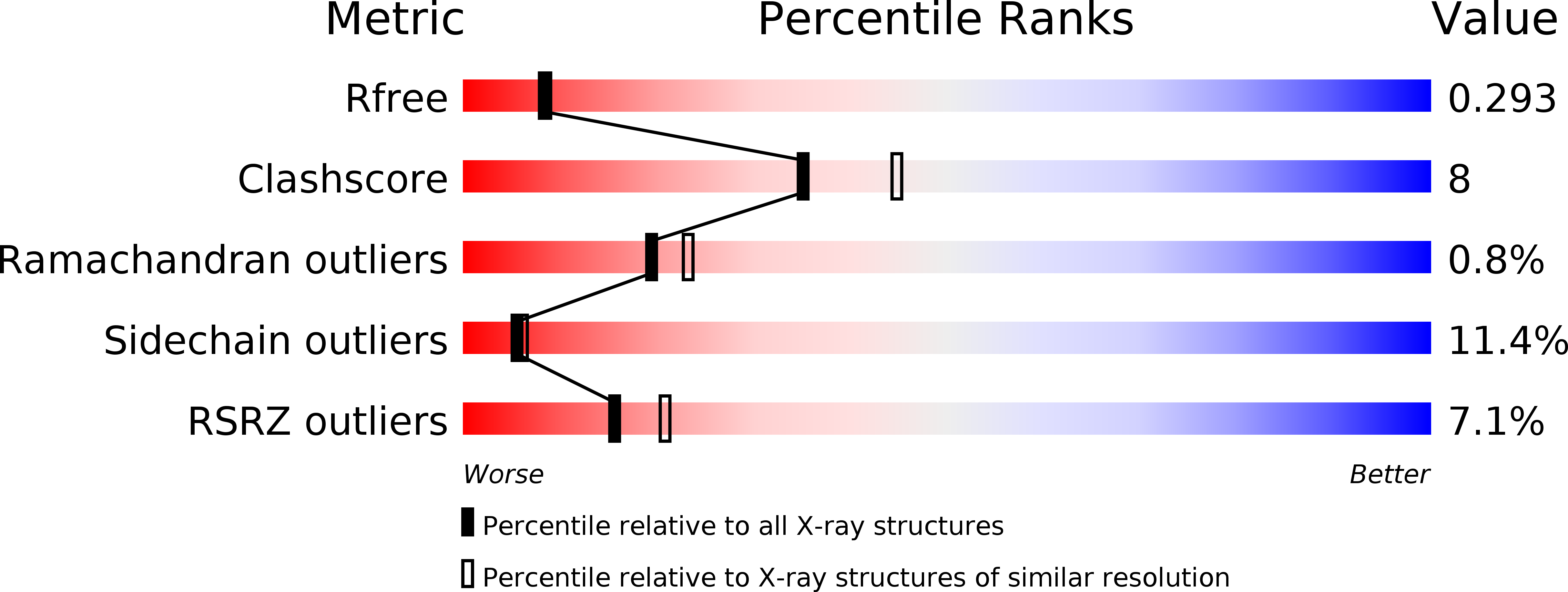
Deposition Date
2003-08-04
Release Date
2003-11-11
Last Version Date
2024-11-20
Entry Detail
PDB ID:
1Q4K
Keywords:
Title:
The polo-box domain of Plk1 in complex with a phospho-peptide
Biological Source:
Source Organism(s):
Homo sapiens (Taxon ID: 9606)
Expression System(s):
Method Details:
Experimental Method:
Resolution:
2.30 Å
R-Value Free:
0.31
R-Value Work:
0.24
R-Value Observed:
0.24
Space Group:
P 1


